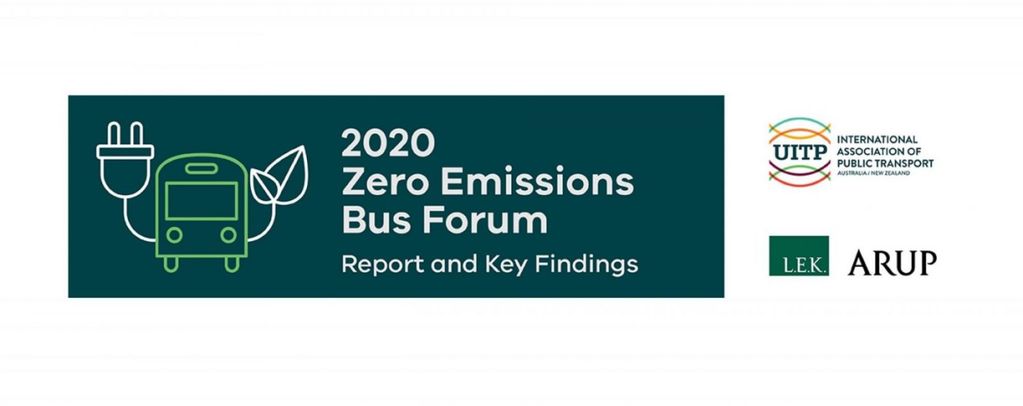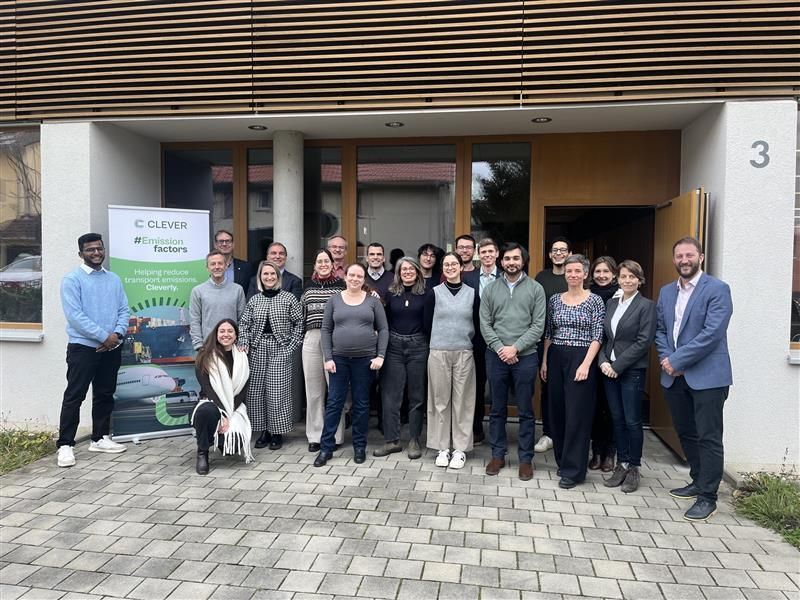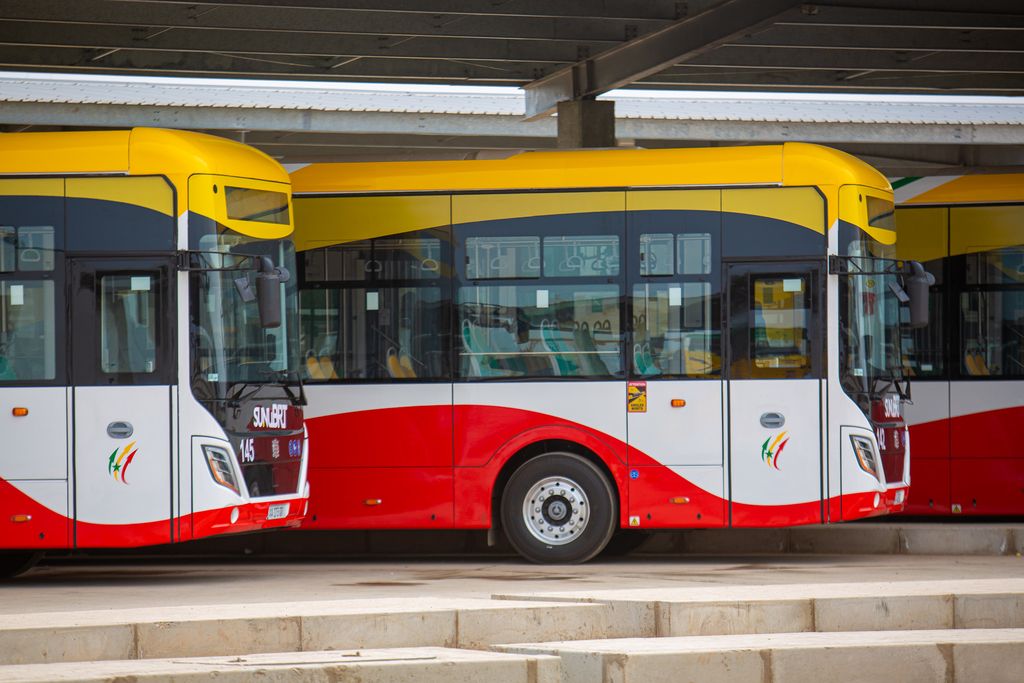
A question of when and how: UITP Australia New Zealand publishes Report on Zero Emission Buses
Australia and New Zealand are transitioning to zero emissions buses!
In late 2020, UITP Australia New Zealand (UITPANZ) hosted the region’s inaugural Zero Emissions Bus (ZEB) Forum.
Drawing on UITP’s global network, we learnt from colleagues in China, Singapore, the United Kingdom, France, the Netherlands, Norway, the United States and Canada, to chart a way forward for ZEBs in Australia and New Zealand.
The transition to ZEBs is no longer a question of “if” for the region, but of “when and how”. With the evolution of zero emission technology and the impacts of diesel fleets on public health, liveability, and climate change, the status quo of diesel buses can no longer be justified into the future.
The follow up Report captures the key findings and recommendations from the ZEB Forum and the plans of public transport authorities across Australia and New Zealand to transition their bus fleets to zero emissions.
A poll conducted during the ZEB Forum shows nearly 44% of Forum participants believe that governments should commit to stopping the purchase of fossil fueled buses for public transport services by 2025, while 37% believe this should happen before the end of 2022. In Australia, both Victoria and New South Wales (NSW) aim to achieve zero net emissions by 2050, with NSW aiming to transition all 8,000 buses by 2030. This type of commitment to the transition signals the government’s expectations to industry to start adapting and preparing for change.
I’m delighted by the proactive response of many state and territory governments in Australia, as well as the regional and national governments in New Zealand, to move towards an accelerated ZEB transition in our region. This report includes statements about the zero emissions bus transition plans of each government and offers strategic insights to help them achieve those goals. Their statements provide the roadmap for our industry moving forward and empower all stakeholders, from energy suppliers, bus manufacturers and operators, to get on board.
The transition towards ZEBs is no longer about understanding the technological and commercial feasibility but rather how soon do jurisdictions want to realise the opportunities and benefits presented by ZEBs. The transition is gaining traction and as we move beyond COVID-19, ZEBs present the perfect opportunity to spur economic development of next generation manufacturing jobs, make a significant impact on our regions’ carbon emissions, and improve the liveability of our towns and cities.
Find out more about the ZEB Forum
Don’t miss UITPANZ’s upcoming webinar on public transport service contracts on 18 February! Find out more here
UITP is proud to be involved in many initiatives supporting the uptake of ZEBs
UITP is involved in many initiatives that aim to advance the widescale uptake of clean buses, including various EU-funded projects. Among them are the JIVE (Joint Initiative for hydrogen Vehicles across Europe) and JIVE2 projects, seeking to boost the deployment of Fuel Cell buses across the EU. Currently, both projects are well underway, and many Fuel Cell buses are currently being deployed in Europe in the framework of JIVE and JIVE2. Find out more here!
2025 Training Calendar











